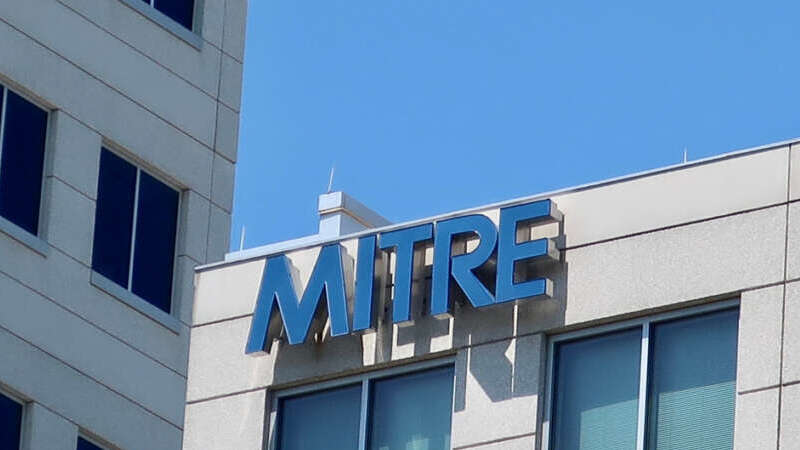
MITRE Corp. – which operates Federally funded R&D centers focused on scientific and technology issues – published a new report on Wednesday that offers recommendations to the incoming administration on how to maintain U.S. science and technology (S&T) leadership and promote international collaboration over the next four years and beyond.
The report offers four key recommendations to the next administration, the first of which is to establish a U.S. S&T Competitiveness Council within the White House.
“The United States will do best if we lean into our own strengths as the world’s leading innovation ecosystem. As many have noted, the solution is not to replicate what the [Chinese Communist Party (CCP)] is doing,” the report says.
“To increase our competitiveness, MITRE recommends the next administration issue an executive order that creates a public-private U.S. S&T Competitiveness Council within the White House that focuses on science, technology, innovation, and competitiveness,” it says.
MITRE recommends the next administration issue the executive order within the first 30 days of taking office, and have the council operational in the first 100 days.
The report’s second recommendation is to develop a “horizon strategy” to bring together government, industry, and academia to address the United States’ S&T needs.
“Such a strategy for innovation-focused R&D will catalyze a range of new opportunities for global competitiveness. It will identify opportunities to cultivate transactional, technology-specific alliances that benefit the United States while also hampering the CCP,” the report says.
MITRE advises the next administration to finalize this strategy within 90 days to increase international partnerships and envision new levels of cooperation for R&D investments.
While international collaboration is important, the third recommendation warns the next administration to “be clear-sighted about the ways in which our competitors, like the CCP, seek to exploit the U.S. system.”
MITRE recommends a focus on mitigating research security risks and working with U.S.-based multinational companies to move R&D and engineering groups “to friendly shores, such as India.”
For example, the report says semiconductor production should largely be shifted to the West – something the Biden-Harris administration has focused on through the CHIPS and Science Act.
President Biden signed the CHIPS and Science Act into law in August 2022, making up to $52 billion of funding available to incentivize semiconductor makers to establish new manufacturing operations in the United States.
Within 30 days of taking office, MITRE wants the next administration to task the departments of Commerce, State, and Treasury to “increase the use of S&T as a metric in use of sanctions, export controls, Committee on Foreign Investment in the United States (CFIUS) reviews, and outbound investment screening.” Within 90 days, MITRE said it should launch an initiative that expands current efforts to “increase international awareness and capacity for addressing the risks to research security.”
The report’s final recommendation is to partner with the private sector to build the tech workforce of the future.
“Within 60 days, announce plans to accelerate new models of education so that we can build domestic capacity to meet the ballooning demand for technical and multidisciplinary skills,” the report says.
Additionally, within 30 days, MITRE recommends the White House announce the creation of a task force focused on recruiting and retaining top talent in the United States, “which also prevents them from helping our competitors.”
